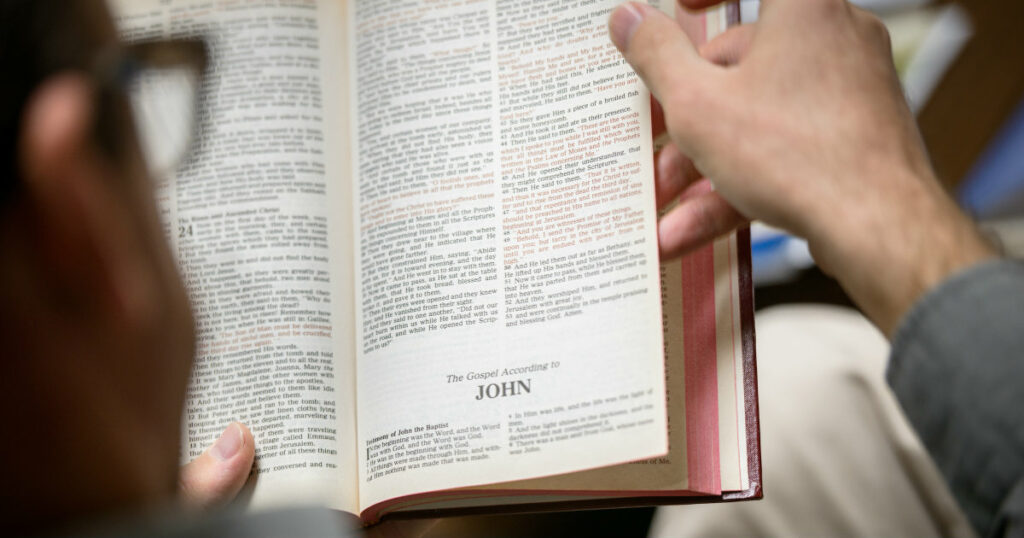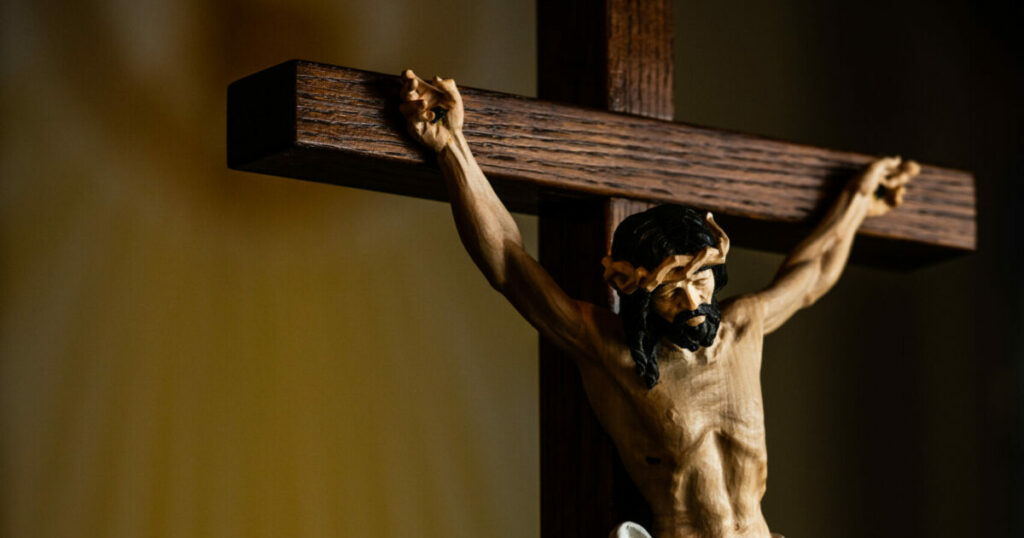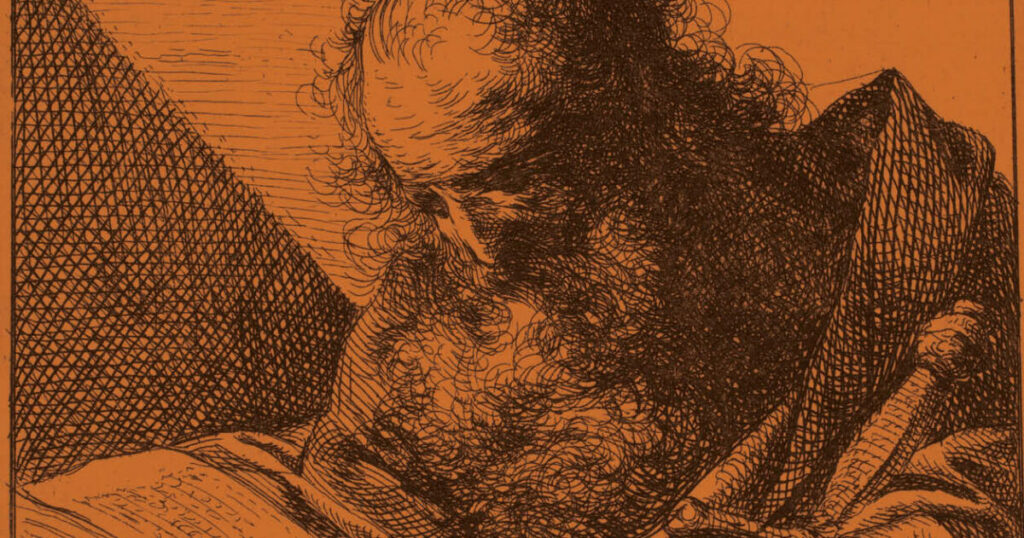by Matthew C. Harrison
Friedrich Pfotenhauer was president of the LCMS from 1911 to 1935. In 1897, on the 50th anniversary of the Synod, he was president of the Minnesota and Dakota District. He said the following to the gathered district pastors and laypeople:
Finally, we have cause to celebrate our synodical jubilee with fear and trembling when we glance at the present condition of our Synod. It is true, we still have the very precious treasure, the pure Word of God. As a rule, it still governs our congregations, but it cannot be denied that we are no longer what our fathers were. Indeed, the symptoms of the decline are evident and increasing among us. I will only point out a few. The holy zeal to study and grow in God’s Word has declined markedly among both preachers and hearers.
The boundary between us and the world is no longer drawn so sharply. Our manner of life is not always prudent. Terrible scandals, also on the part of our pastors, are on the increase. While we are richer in earthly things than our fathers, we are weaker in faith and Christian love. (At Home in The House of My Fathers, St. Louis: CPH, page 714; emphasis added)
Wow! If Pfotenhauer felt that way about his generation, I dare say his words are an indictment exponentially greater upon ours. We spend plenty of time lamenting the state of the world, but we have a much more difficult time recognizing the encroachment of the world’s viewpoints upon us.
Jesus preached, “Back to the Bible!” “You search the Scriptures because you think that in them you have eternal life; and it is they that bear witness about me” (John 5:39). The apostles preached, “Back to the Bible!” In fact, every great era of reform in the Church’s life has begun with the cry to repentance, and “Back to the Bible!”
The Lutheran Reformation was exactly such an event. The Lutheran Confessional Revival of the 19th century was also such an event. After a century of pastors and scholars denying that the Scriptures are the Word of God — and even that Christ is the God-Man, “the Lamb of God who takes away the sin of the world” (John 1:29) — a revival of serious study of the Word of God began in the 1820s. Soon many were captivated by the truth of Scripture. In Germany, after many began reading the Word again, they read the Lutheran Confessions and came to the joyful discovery that the Confessions agree with the Word, and that, because they confessed this, they themselves were, in fact, Lutheran. This happened to many of the great founders of the LCMS, including C.F.W. Walther, Friedrich Wyneken, Wilhelm Sihler and Wilhelm Loehe.
The Scriptures are God’s own inspired and infallible Word. “Holy men of God spoke as they were moved by the Holy Spirit” (2 Peter 1:21). Jesus Himself quoted the Old Testament as the very Word of God and as absolutely reliable and authoritative (“the mouth of God” Matt. 4:4; “It is written,” Matt. 21:13; Mark 11:17; Luke 19:46; “this which is written must be fulfilled in me,” Luke 22:37; “Have you not read that which was spoken unto you by God …” Matt. 22:31–32; and much more!). Back to the Bible!
- Can we be sure of Christ, forgiveness and eternal life? Back to the Bible! (1 John 4:1–4)
- How shall we treat each other in the Church? Back to the Bible! (1 Corinthians 13)
- Shall we share the Word of the Gospel with others? Back to the Bible! (Luke 19:10)
- How shall we hold up under suffering and ill health? Back to the Bible! (Romans 5; Hebrews 12; 1 Peter 1)
There is no problem of faith, life, family or Church for which the Bible does not have answers. As we move toward the Synod’s 175th anniversary in 2022, let’s be people of the Bible.
Check out The Lutheran Study Bible, available from Concordia Publishing House. In the preface material, you’ll find helpful tools like “How to Read and Study the Bible” and a two-year plan for reading through the whole Bible. Four chapters a day gets you through the whole Bible in two years. I even downloaded an app on my iPhone which allows me to listen to the Scriptures while I’m in the car or at the gym.
Back to the Bible! I challenge you!
The Rev. Dr. Matthew C. Harrison is president of The Lutheran Church—Missouri Synod.







A two-year plan to read the Bible is perhaps a long commitment for most. I suggest starting simply: Pick one book in the New Testament (perhaps not Revelation) and read through it at whatever pace you like whenever you like — a short but regular time of day or week if possible. Mark up your paper pages or digital copy freely as you go.
Reading a page with the intention of marking it up can help you focus on what it is saying, and then seeing your series of marks left across several pages or an entire book reinforces a sense of progress. To gain a few nuggets of insight, mark passages about God’s gifts one way and passages of instruction and guidance another.
Note questions that come to mind as you read but keep reading. Some answers may become evident as you continue to read; others may come after a bit of research or through a conversation with your pastor or other Christians.
If you have the time, jot down short reflections in a paper or digital journal (“Today I read about ….”), and when the reading inclines you to pray — as you encounter reasons for both thanking God and for appealing to him for help — write down a couple of sentences of prayer as well.
Some time ago, following this simple and rewarding approach, by God’s grace I remained motivated to read all of the New Testament, then continue with the Psalms and Proverbs. I was blessed.